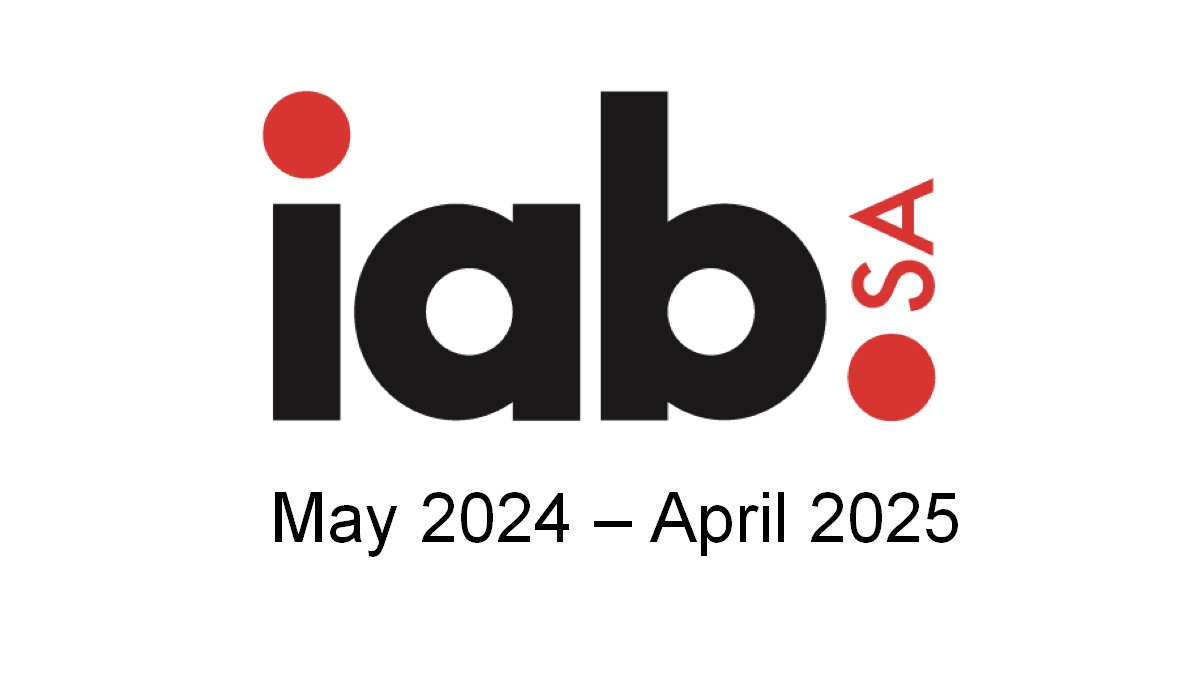Transport minister Barbara Creecy has issued a directive for a list of all CEOs employed in state-owned entities under her department indicating whether they have state security clearance, along with verification of their qualifications.
Creecy’s request follows a discrepancy that was uncovered in Airports Company South Africa (Acsa) CEO Mpumi Mpofu’s prestigious academic qualifications from Coventry University in London.
Mpofu’s profile on both Acsa websites and its recently printed annual reports states that she is in possession of a postgraduate degree in town planning from a London-based university.
Earlier this month, Coventry University initially told Sunday World that Mpofu had indeed obtained the postgraduate qualification from the institution.
But days later, the university wrote back. “Coventry University offered a postgraduate degree in town planning from 1996 to 2004. We would like to apologise and correct an error in our response to your original request. Our initial reply stated that ‘The university can confirm that Nompumelelo Mpofu has been awarded a postgraduate degree in town planning from Coventry University.’
“This was incorrect. Nompumelelo Mpofu was awarded a Bachelor of Arts in Town Planning, not a postgraduate degree. The course was offered by the university from 1986 to 1992.”
Despite this verification by the university, Mpofu is insisting that she did receive a postgraduate degree from the London-based university.
“I hold a BA Honours in Urban and Regional Planning – this is a three-year undergraduate degree. After the BA Honours in Urban and Regional Planning, I studied for and obtained a postgraduate degree in town planning from Coventry.
“The town planning qualification is a postgraduate Bachelor of Town Planning degree, and as an entrant to the programme, one must first have an undergraduate degree. In my case, I had a BA Honours in Urban and Regional Planning,” she said.
Creecy’s spokesperson, Collen Msibi, said CEOs of state-owned enterprises were “subjected to a rigorous process of vetting by SSA and the verification of qualifications by Saqa (South African Qualifications Authority) at the request of the appointing entity and/or department”.
“Consequently, the minister has requested a complete list of all CEOs of state-owned transport enterprises, indicating their vetting status and qualifications verification,” said Msibi.
He also said: “It must be borne in mind that all CEOs of transport entities were appointed prior to the appointment of the current minister. However, the list will also cover the recent contract extension of the Acsa group CEO.”
Creecy extended Mpofu’s contract as Acsa CEO by 17 months at the beginning of February, after she concluded her five-year term on January 30. Acsa’s board said Mpofu was put through a pre-employment screening process where “no adverse issues were found”.
“Furthermore, the CEO was employed at Acsa with a valid security clearance at the top-secret level, which she had attained as director general of planning, monitoring, and evaluation in the presidency of South Africa.
“She is one of the only employees of Acsa who had a top-secret clearance whilst State Security was conducting vetting for all other employees and resubmitted to SSA for renewal and was even subjected to the lie detector test,” the board said in a written response.
However, independent forensic and crime expert Calvin Rafadi disagrees with this.
“Security clearance refers to a critical process where an individual’s trustworthiness is thoroughly assessed to determine their suitability for access to sensitive information or for employment in roles requiring strict security protocols, especially at national key points.
“It’s important to emphasise that every employer must ensure that any new appointee to a senior management role undergoes this vetting process. A common misconception is that a security clearance certificate is transferable between employers. This assumption is incorrect and dangerously misleading.
“Security clearance is specific to the role and institution in which it was granted and must be revalidated for each new appointment,” he said.
Acsa controls a R21-billion budget to develop, manage and operate South Africa’s nine principal airports, ensuring safe and efficient air transport infrastructure.




